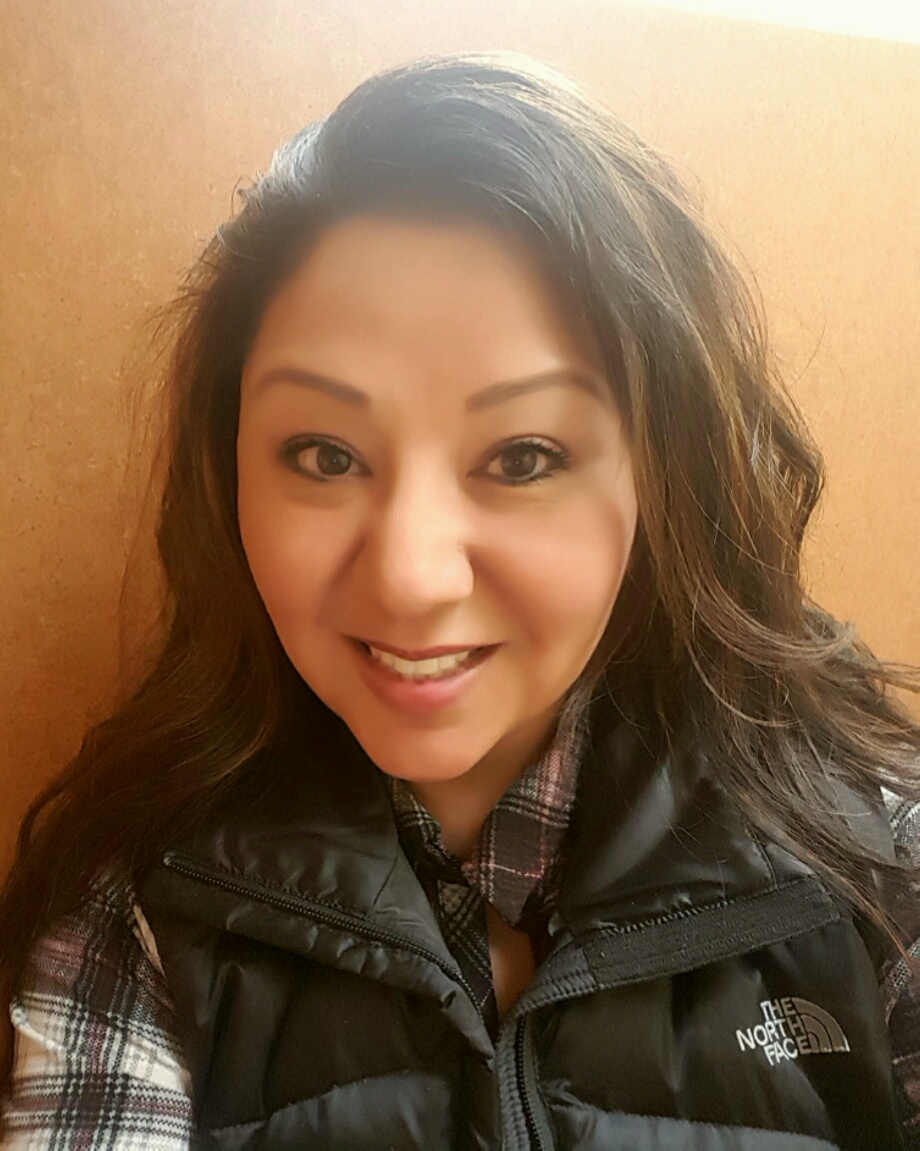- About Us
- Events & Training
- Professional Development
- Sponsorship
- Get Involved
- Resources
Planner Spotlight: Maria CullooyahBy Nikole Coleman, AICP Current Position: Planning Manager, Spokane Tribe of Indians, Planning & Economic Development Department Weirdest non-planning related job: We have an MOA with a local CDFI to help promote small business entrepreneurs, help them plan and prepare for what they should expect to have to do to prepare for their own business by offering resources and networking. During our agreement, I ended up participating in VITA Tax training, which is a volunteer based tax representative for the IRS who prepared families’ taxes for free on a volunteer basis. So, I basically had taken the three-day training to become certified. For the last four years, I go to training late fall to re-certify and help provide these free services to our community. Maria the Planner: What is a typical work day like for you? A typical work day for me is clocking in, with coffee in hand checking my calendar schedule for that day. I check email, voicemail, text messages from the boss, confirm cancelled or re-scheduled meetings, then meet and talk with my director and planning team regarding our plans for the day. Grab whichever files are needed for the day. Make calls, adjust needed to updates. The day can range from assessments for families, clients, projects, feasibility studies, RFP’s, construction site visits, environmental reviews, budgets, contracts, or just simply assuring that the office has the information and correct correspondence to move forward with individual projects. We are currently preparing for our construction season with about 8 projects on the horizon. I am also part of a 3-year project with The Democracy Collaborative, a nationally known group who engages to build, promote and work to connect innovative strategies, models, and build leadership to co-create the community wealth building strategy. We also attend the Spokane Regional Transportation (SRTC) meetings in Spokane. I also sit on the Spokane Tribal Network (STN) Board for community health and wealth building practices within our community. I am a board member of our Tribal Employment Rights TERO Commission and a Court Appointed Special Advocate (CASA), for our youth here in our community. So, a regular day in my schedule would be any of these things that I mentioned above, looking at the “bigger” picture, while continuously adjusting, resizing, accommodating, and connecting all the associated dots. Why did you choose the planning profession? Or did it choose you? I was always interested in the idea of creating, nurturing and developing. How I can explain this, is I feel that I have always been told by my elders, basically my 94-year-old grandmother that I needed to focus on the future and the future generations to come. When I think, I need to think and dream with the future in mind. Not only my future, but the future of the people, my children, and great-grand children, and so on, etc. I don’t think I set out to say, “I am going to be a planner.” But, with my education and my work beginning as the office manager in the planning office years ago, it sparked an interest. So, I continued with my Bachelor’s degree, and completing my Master’s program knowing I wanted to help curve our future. There are so many opportunities in the Planning Department; it is a unique, diverse career. Planning is comprehensive, sustaining and rewarding all in one. What part of your job do you find most rewarding? The finished product. As a planner, there are several steps to follow to complete a project. Never knowing the type of role we play in any specific project, a planner prepares themselves for anything that can happen, because, anything that can happen, will eventually happen. From submitting a grant, ratings, groundbreaking to turn-key, or the comprehensive plan that is complete, reviewed, and accepted, that is rewarding, and the overall end project, is amazing. What is the oddest thing a citizen has ever asked or said to you? I had a phone call come in, an older man had a situation to where he needed help financially. He was retired military, and wanted to build the ranch he always dreamed of. I thought to myself, wow, this is great, because I love ranches. Anyhow, he didn’t only ask me to help him create the layout, but build it, help buy his cattle, horses, and other animals to go with that ranch, all his equipment, and help him “run” it. He never had any experience as a “rancher” or had ever owned an animal other than a dog. He was a nice man with all great intention, so, on the side of my normal work, I did help the guy out with what I could. What was your first planning related job? Office Manager for the department What advice would you give a new planner? Learn, listen and keep an open mind to any suggestion, idea or feedback. Be respectful to your stakeholders. Know the culture of the environment you are in. The world is changing every single day; it is our duty to assure it is relevant to our future in any shape or form. What are you looking for when you hire a planner? Someone who can work with a team as well as independently. One who is confident, and not afraid of “change.” What do you wish you had known when you started your career? A good mentor. We all need a great mentor whether it be in your personal life, or professional. Mentors are angels in disguise. If you were not a planner what profession would like likely be in? Law. I had a passion for law growing up, so I would probably be floating around in that department somewhere. |


